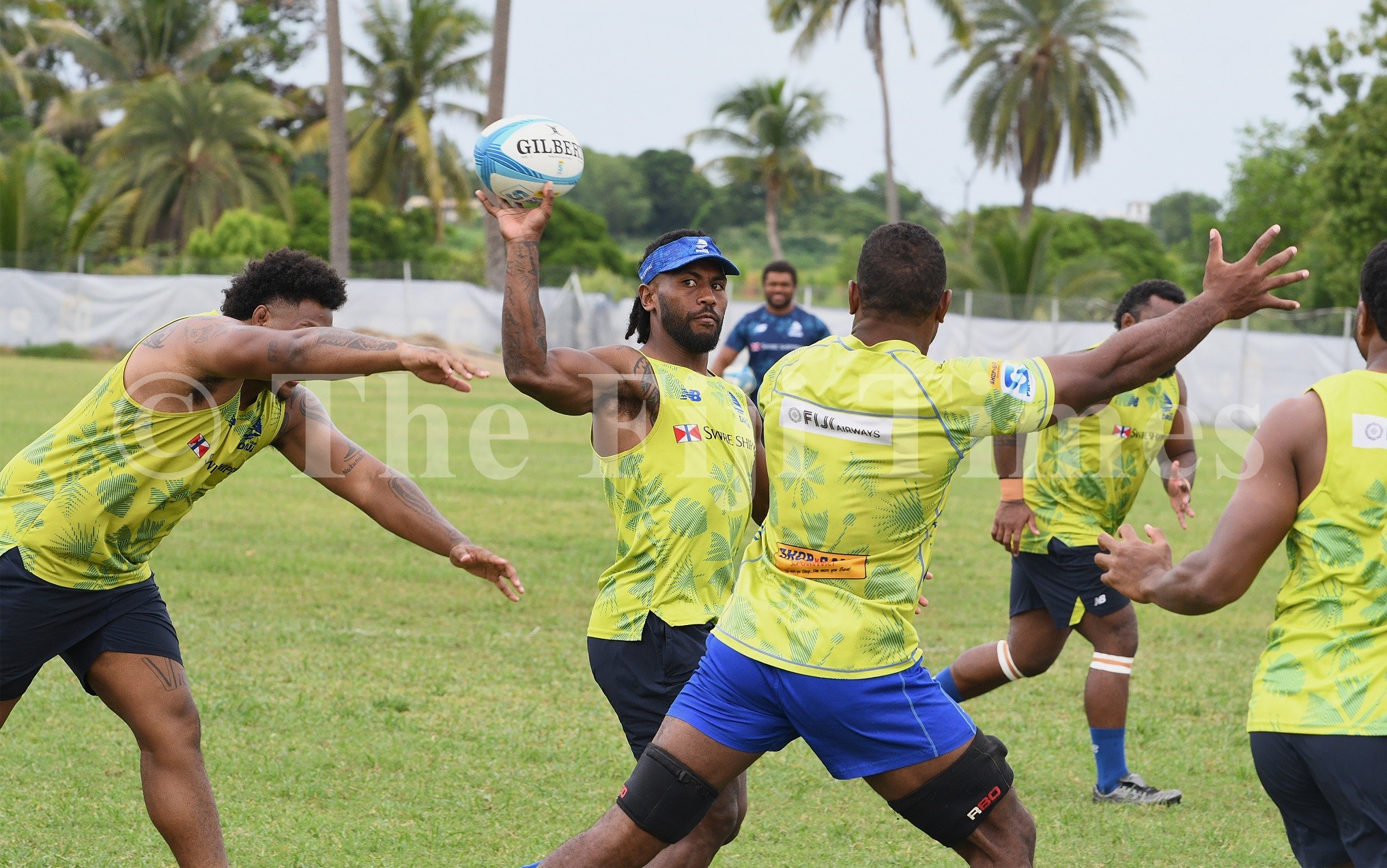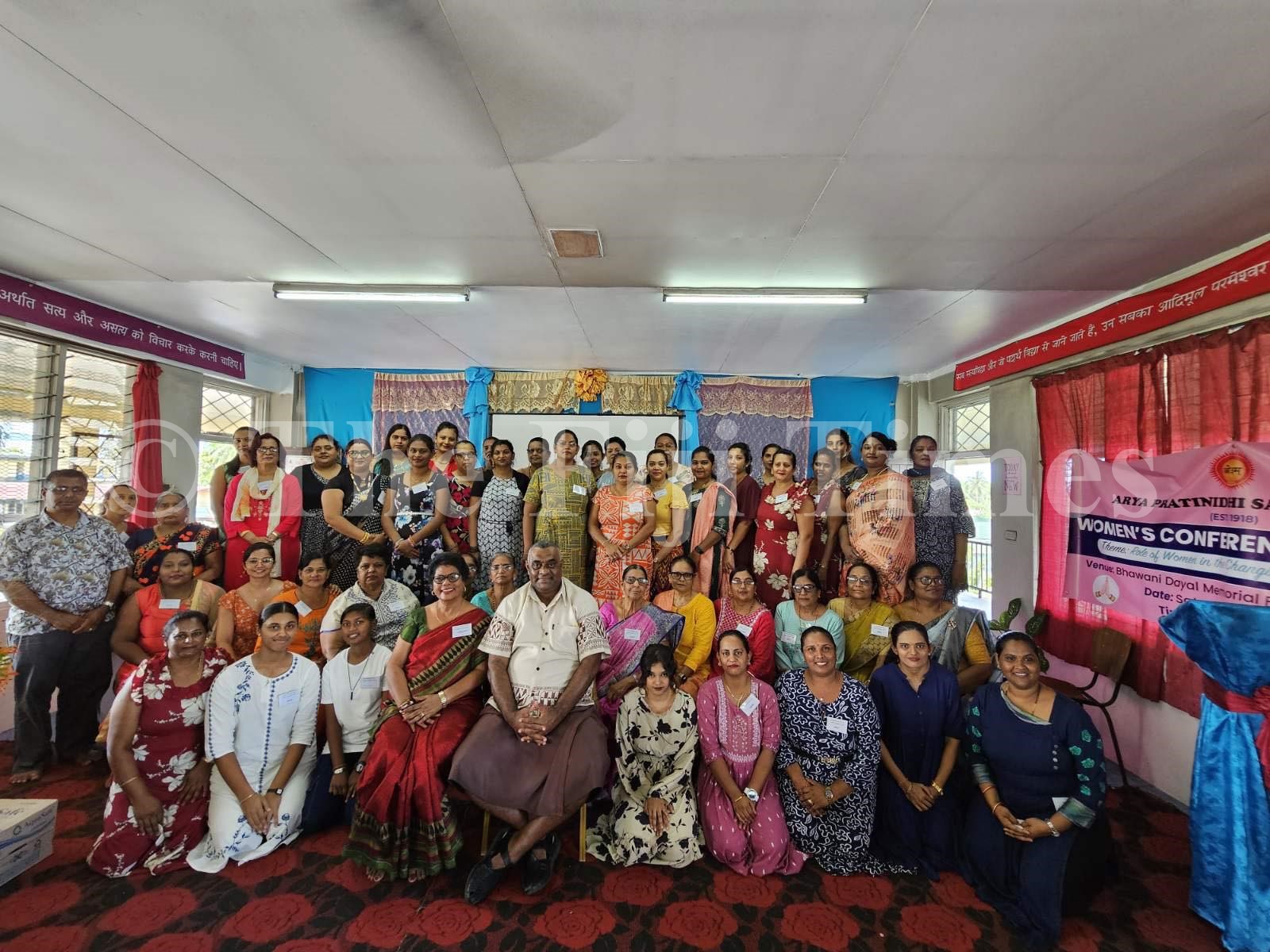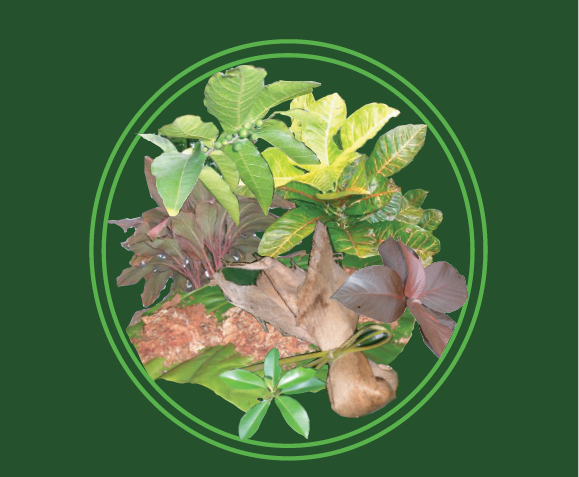PORT VILA, 22 AUGUST 2018 (VANUATU DAILY POST) – The registration of all Non-Governmental Organisations (NGOs) in Vanuatu will commence shortly.
This is a must, as stipulated in Vanuatu’s first ever policy to regulate NGOs.
“There is a target, we have until the end 2018 to make sure all NGOs are registered,” Minister of Internal Affairs, Andrew Napuat told Daily Post.
“The NGO Desk Officer will be sending notices to all NGOs in the country to register soon.”
The policy acts as a guide on the registration, establishment and functions of NGOs; management of NGO presence and local engagement; and process of the visa application and allocation process.
For registration purposes, each NGO is to provide the following information: Name; Business account number/banking details; Vanuatu Financial Service Commission certificate; Organisation documents; VANGO membership document; Activity sector; programme, scope of activity and duration; number of employees; Funding source(s); objectives, intended benefits and beneficiary (s); local counterparts; and capacity building component.
Once registered, the NGO has the responsibility of providing both annual updates and any updates, based on changes in circumstances.
This information will be shared with the Department of Strategic Planning and Aid Coordination (DSPPAC).
“This is the Government’s first ever NGO policy, a regulation to make sure every NGOs in Vanuatu register through the NGO Desk, under the Ministry of Internal Affairs,” said Minister Napuat.
“This policy is long overdue. There have been talks in the past on how the government needs to work closely with NGOs and understand the work they are doing at different levels in our communities.”
He said on many occasions the government did not receive any report on the work the NGOs were doing.
“Every time the country goes through a natural disaster, the NGOs come in to work with the government and help the people.
“I must say the government recognises and appreciates the work NGOs are doing, complementing what the government is doing, with its limitation on resources and budget.
“The NGOs came in and extended the programmes that the government cannot do and delivered this to our communities.”
He acknowledged that NGOs are contributing significantly and playing a big role, but it came to a time when the working relationship and partnership must be improved.
“For the partnership to be improved, the government needs to fully understand what the NGOs are doing, funding, staff and their contributions so the government can assist them,” the minister said.
“For instance, some of the NGOs often ask the MOIA to approve visas or work permits of their foreign staff. We faced difficulties on many occasions when it comes to the decision of whether or not to approve their request.
“Therefore, it is important for us to understand the work the NGO is doing and why it must bring someone overseas, and whether we really do not have individuals with that same level of expertise in the country.
“On the other hand, we often hear of some NGOs who get funding directly from their partners, but in Vanuatu’s name.
“The government has a duty to know how much the NGO is spending in Vanuatu. That way, we know how much is spend on work in the country and whether or not they are really doing the work they promised to do.
“We want to avoid situations such as those experienced in the aftermaths of cyclone Pam, where complaints were levelled against certain NGOs in the work they had been doing in recovery efforts.
“The Ministry also urges NGOs to respect our culture and traditional Melanesian values.”
Minister Napuat said there have been concerns from NGOs who want a wider consultation.
He said the government is committed to working with NGOs and a full-time NGO Desk Officer was appointed after the policy was launched in July.
The minister stressed it is important for NGOs to come forward, register and work together with the government.
There is unanimous agreement among key government agencies that NGOs should be treated differently from diplomatic missions.
As a first step, an NGO Register was established at the Ministry of Internal Affairs (MOIA), signalling the separation between diplomatic and non-diplomatic entities.
There are 74 recognised NGOs operating in various sectors in Vanuatu. Six of these are International NGOs (INGOs). Due to their nature, size and mode of operation, these INGOs tend to play a more dominant role.
The Ministry of internal Affairs is working with the Ministry of finance to create a code to cater for fees paid by the NGOs. This will ensure they get proper receipts through the government’s finance system.
Once the NGO is registered, individual NGO profiles can be created so information is readily accessible to the government who can have a better understanding and appreciation of the work each particular NGO is doing, and support it.
Minister Napuat also acknowledge the Task Force members who were appointed to kickstart this policy: Dr. Andrina Thomas, Henry Vira, Lai Sakita and Billy William.





